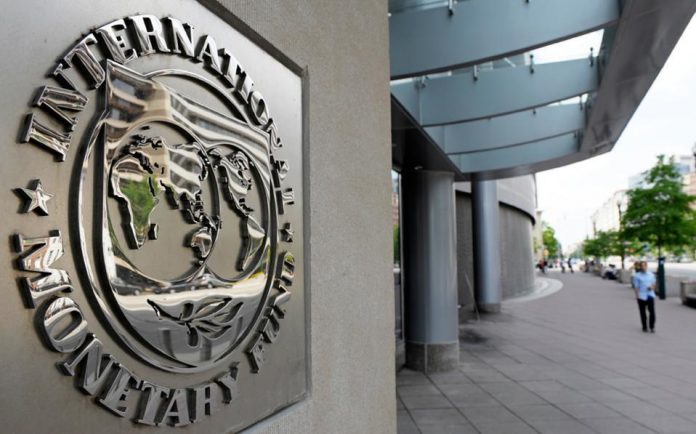The IMF says it stands ready to assist Ghana to restore macroeconomics stability, safeguard debt sustainability, promote inclusive and sustainable growth team from the International Monetary Fund (IMF) will arrive in Ghana on Wednesday 6 July 2022 to commence negotiations with the government of Ghana on the modalities for a package to support Ghana’s economic programme, Asaase News can confirm.
Ghana’s decision to opt for an IMF programme has been greeted with mixed reactions, with concerns of what it may mean for public sector jobs and social programmes.
It has, however, been greeted as a necessary pill. Checks done by Asaase News suggest that the announcement by Ghana may trigger similar announcements from other countries on the African continent whose economies are experiencing similar challenges such as Ghana’s, with fiscal challenges worsened by the dual impact of the COVID-19 pandemic and the war in Ukraine and its adverse effect on rising energy and food prices.
Already African nations such as Egypt, Tunisia, Kenya, Cote d’Ivoire, Rwanda, Ethiopia, Senegal, Uganda, Seychelles, Mali, Cameroon, Gabon, Equatorial Guinea, Mozambique, are among countries on the continent who are already on an IMF programme.
IMF directive
President Akufo-Addo on 1 July 2022, authorized the Minister for Finance, Ken Ofori-Atta, to commence formal engagements with the International Monetary Fund (IMF).
A statement signed by the Information Minister, Kojo Oppong Nkrumah said the President’s directive to the Finance Minister followed a telephone conservation between President Akufo-Addo, and the IMF managing director, Kristalina Georgieva, conveying Ghana’s decision to engage with the Fund.
“The engagement with the IMF will seek to provide balance of payment support as part of a broader effort to quicken Ghana’s build back in the face of challenges induced by the COVID-19 pandemic and, recently, the Russia-Ukraine crises,” the statement read.
IMF / Ghana engagement
In response, the resident representative of the IMF in Ghana, Albert Touna-Mama, confirmed that the government of Ghana has indeed approached the Fund, adding that the IMF is ready to support Ghana.
“We can confirm that the authorities have been in touch to request [the] Fund’s support to Ghana’s own economic programme,” he wrote on Friday, in a tweet that included the Information Minister’s statement.
“The IMF stands ready to assist Ghana to restore macroeconomics stability; safeguard debt sustainability; promote inclusive and sustainable growth; and face the impact of the war in Ukraine and the lingering pandemic”.
We are looking forward to meeting with the authorities in the coming weeks to start the initial discussions” the tweet said.
Urgency of bailout
In a recent post on twitter, Gabby Asare Otchere-Darko, corporate lawyer and member of the ruling New Patriotic Party said:
“Ghana is a member of the IMF. The world is in serious crisis. Ours is not helped by our high debt and low income levels. With the economy still growing, but investor confidence low, government being compelled to cut down capital expenditures will eventually lead to job losses unless”.
He added: “We do something that will inject confidence in our capacity to ride this heavy storm, and that something should happen pretty quickly. Are you against an IMF program”?
Otchere-Darko added, “I am not for an IMF programme that throws peanuts at us but imposes conditions that will end up hurting the poor, jobs and businesses more”.
“COVID-19 and war in Ukraine are not of Africa’s doing but more to our doom. A program that pretends it is all our doing is doomed to fail”.
Four days after his post, Ghana formally signed up to an IMF program.
PEF reaction
Nana Osei Bonsu, chief executive officer of the Private Enterprise Federation (PEF) has said there is nothing wrong with Ghana seeking support from the International Monetary Fund (IMF) to put the economy back on track.
Reacting to the President’s directive to the Finance Minister to commence engagement with the IMF, Osei Bonsu said, “We definitely have options but the biggest option we have is the situation we find ourselves in, what is our real problem? Liquidity. Those are things that we need to do, we don’t have the luxury of time”.
He added, “The home-grown solutions people are talking about, they are most viable when you have time, now we don’t, and you just listed a number of countries that have gone to the IMF, we have been there before and it gave us relief.”
The PEF boss called on the government to begin negotiations with the IMF within the shortest possible time. According to him, any further delays will not do the country’s economy any good.
Source: newsghana.com.gh

